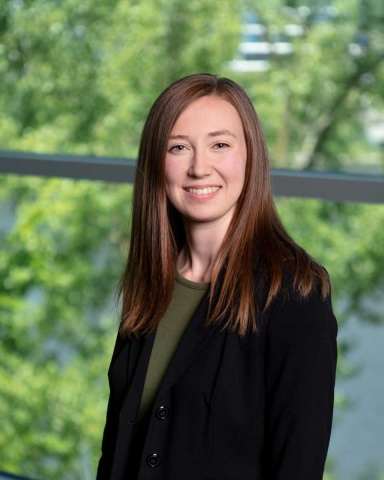On October 28, Acton welcomed John Bursch, lawyer, author, and vice president of appellate advocacy for Alliance Defending Freedom, to deliver its second in-person monthly lecture since March 2020. More than 80 attendees filled the auditorium and listened avidly to his assessment of religious liberty in America today.
Bursch began with the statement that current attacks on religious liberty misunderstand what such a concept even means. The First Amendment of the Constitution protects not only the practice but also the free exercise of religion, which means Americans have the legal right to live out their deeply held religious beliefs in the public square as well as in their churches.
Bursch pointed to the 1990 Supreme Court case Smith v. Oregon as a misstep for the protection of religious freedom in America, explaining how it departed from precedent and effectively neutralized the Free Exercise Clause. He pointed to the legislative reaction to Smith—the 1993 Religious Freedom Restoration Act (RFRA)—and enumerated many specific cases in which RFRA provided protections for religious liberty, including contemporary cases like Roman Catholic Diocese of Brooklyn v. Cuomo, which struck down discriminatory COVID-19 restrictions on religious assemblies.
While emphasizing the encouraging fact that 18 of 19 religious liberty litigants have won their cases in the Supreme Court, Bursch cautioned that the future of religious liberty is not secure. Many of these victories, he said, were narrow in scope and did not provide a broad enough precedent to settle an increasing number of cases threatening religious freedom in the lower courts.
How can Americans outside the legal system help? Bursch emphasized the importance of knowing and explaining to others why religious liberty matters. For almost the whole of western history, religion was the custodian and engine of charity and culture in the public sphere, and we need to fight for the free exercise of religion so that we don’t lose “this beautiful common good.” Bursch reiterated that as recently as 1993, Americans shared a “common belief that religious liberty was worth protecting.” And so he posed the question to all of us—Is it still today?












